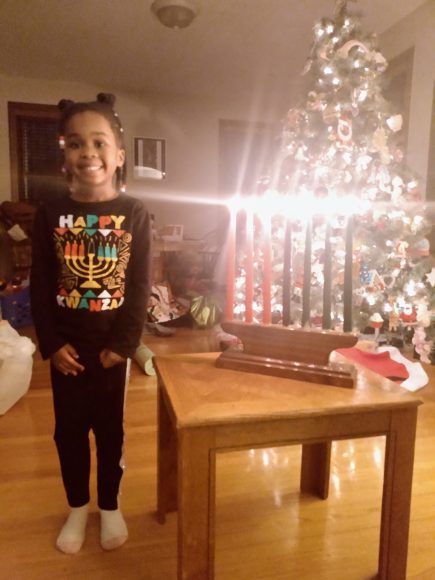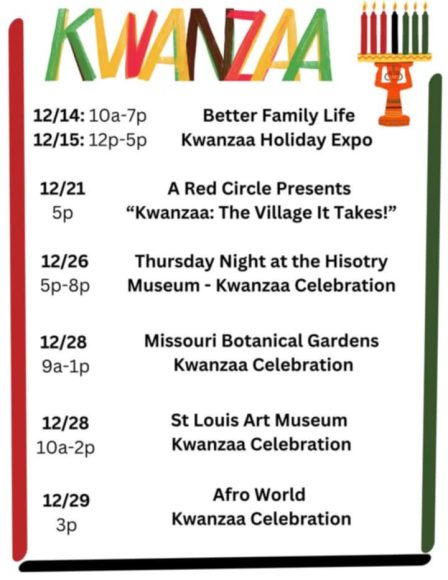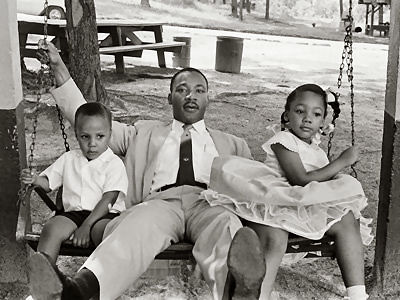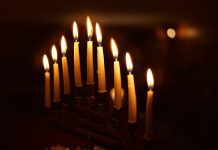Kwanzaa, a Pan-African holiday celebrated by millions worldwide, offers a unique opportunity to honor African heritage, reflect on shared values, and foster family traditions. First celebrated in 1966, Kwanzaa was created by Maulana Karenga in the wake of the Watts Rebellion as a way to empower and unite the African American community. Its name, derived from the Swahili phrase matunda ya kwanza (meaning “first fruits”), reflects its roots in African harvest festivals.

Kwanzaa vs. Christmas
While Kwanzaa is often thought of as an alternative to Christmas, many people celebrate both holidays. Unlike Christmas, Kwanzaa is not a religious holiday but a cultural one with a spiritual essence that emphasizes community, reflection, and creativity.
The 7 Principles of Kwanzaa
At the heart of Kwanzaa are seven guiding principles, known as the Nguzo Saba:
- Umoja (Unity): Striving for and maintaining unity in the family, community, nation, and race.
- Kujichagulia (Self-Determination): Defining and naming ourselves, creating, and speaking for ourselves.
- Ujima (Collective Work and Responsibility): Building and maintaining our community together.
- Ujamaa (Cooperative Economics): Supporting and building businesses that benefit the community.
- Nia (Purpose): Focusing on collective vocation to build and develop our community.
- Kuumba (Creativity): Doing everything possible to leave the community more beautiful and beneficial.
- Imani (Faith): Believing in ourselves and our people.
The Symbols and Colors of Kwanzaa
The celebration centers around seven symbols arranged on a table, including the kinara (candleholder) and mishumaa saba (seven candles). The candles’ colors—black, red, and green—represent African people, their struggle, and hope for the future. Homes may also be decorated in these colors, and families often dress in traditional or culturally inspired attire.
Gifts with Meaning
To keep the holiday from becoming over-commercialized, gifts are often homemade or culturally significant, such as books, art, or music. Supporting Black-owned businesses when purchasing gifts is another meaningful way to honor the spirit of Kwanzaa.
Celebrate Together
Kwanzaa is a time for reflection, joy, and community. Whether you’re lighting candles, sharing stories, or engaging in creative projects, this holiday offers a beautiful way to teach children about African heritage and instill values of unity and purpose.
This year, consider incorporating the principles and symbols of Kwanzaa into your family’s traditions to honor its message of connection and hope.












